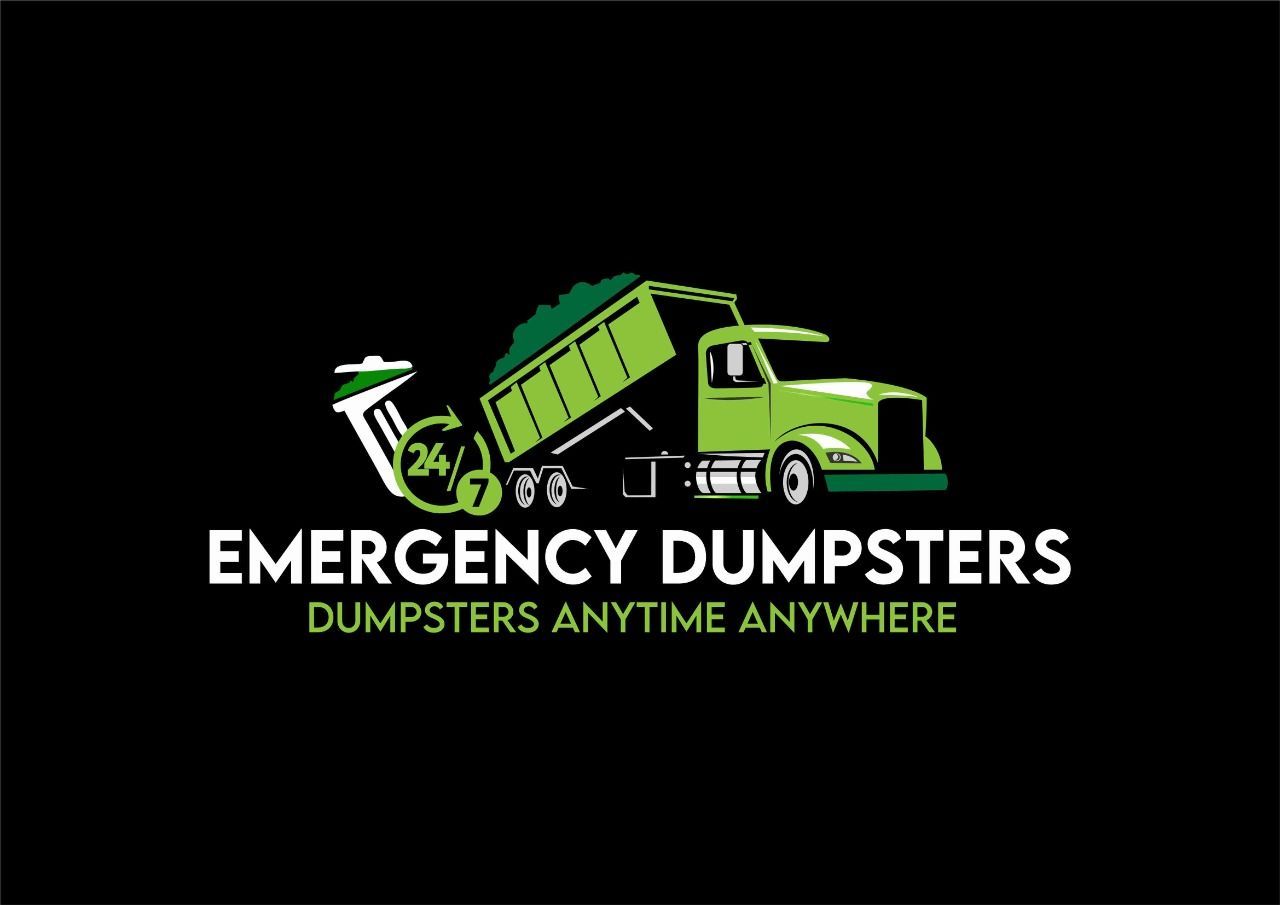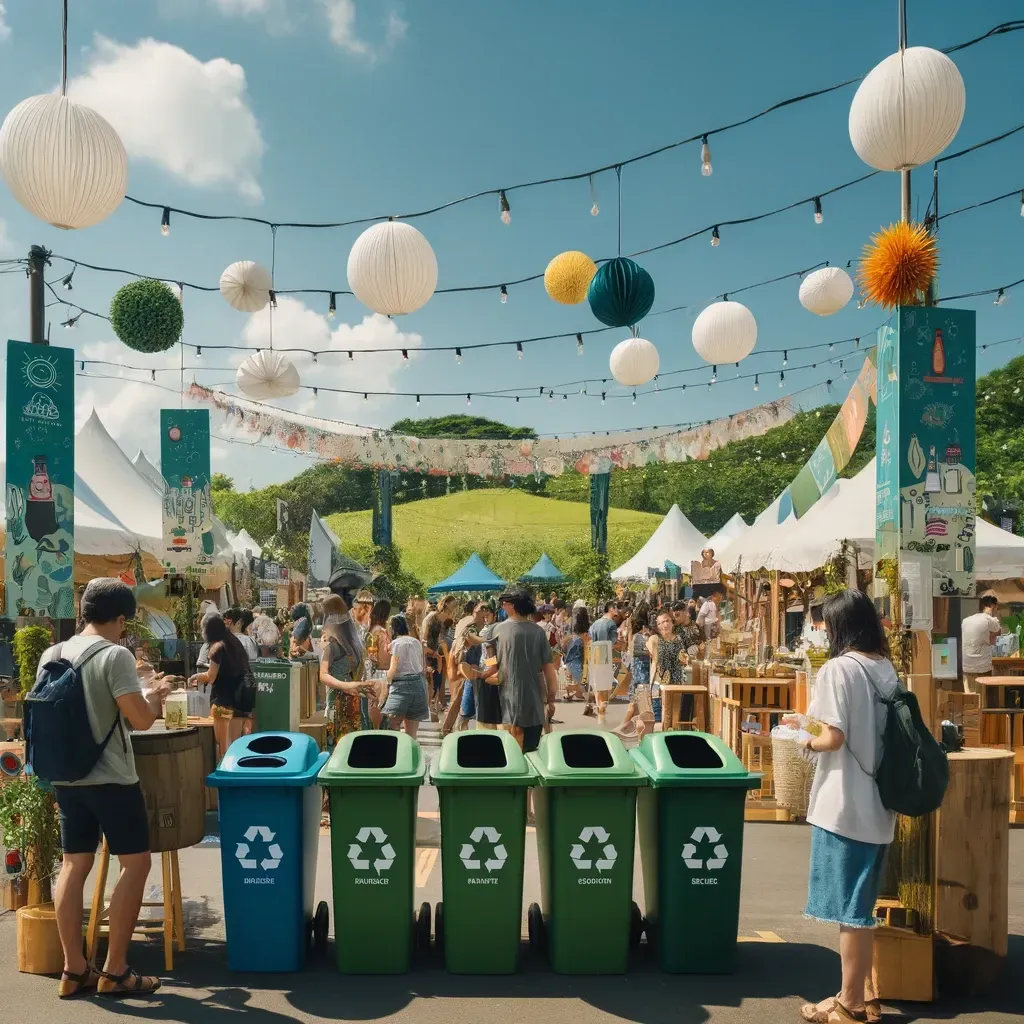24/7 Emergency Dumpsters Latest News and Insights
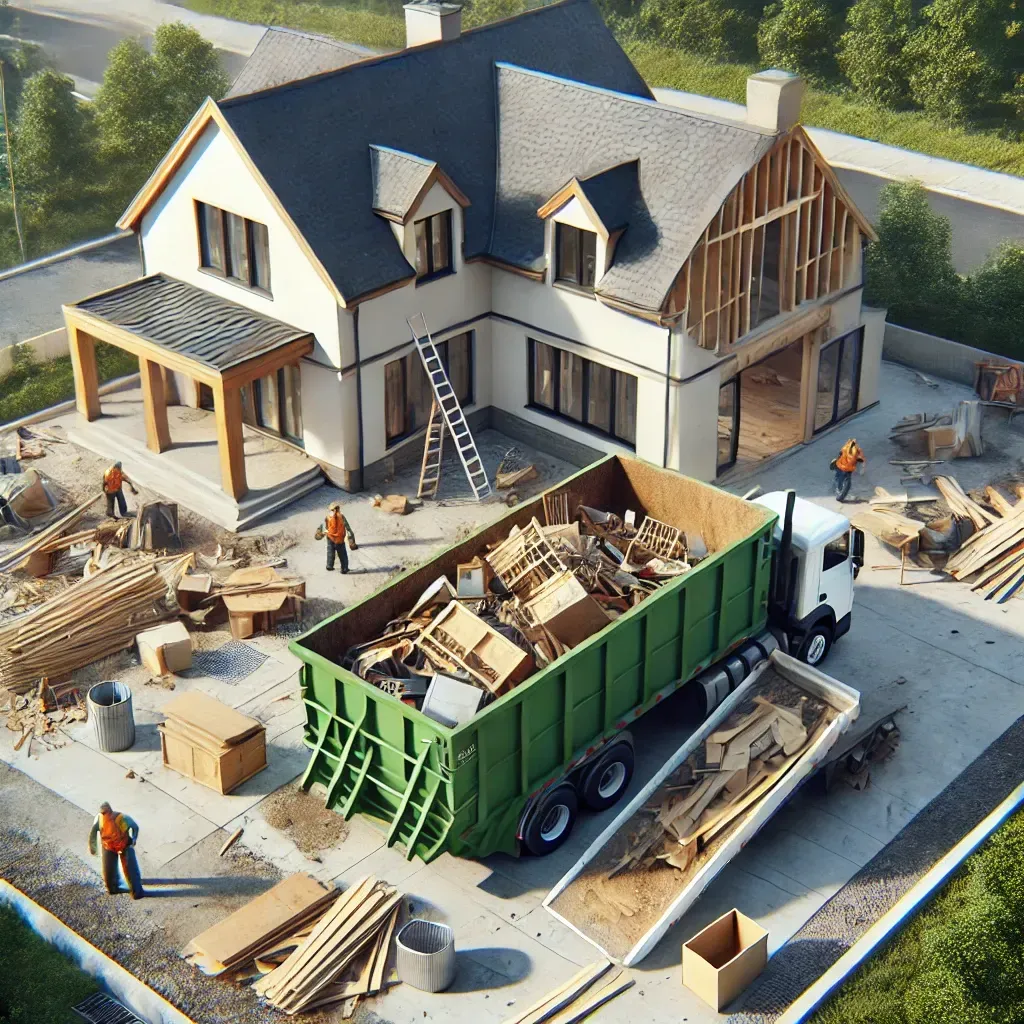
As the leaves change and the temperatures drop, fall brings the perfect opportunity to tackle projects around your home or property. Whether you're cleaning out the garage, prepping your yard for winter, or finally getting to that long-overdue renovation, renting a dumpster can make your fall projects faster, easier, and more efficient. 1. Perfect Timing for Decluttering Fall is the season of transition—out with the old, in with the new. A dumpster rental gives you the freedom to finally purge unwanted items from your attic, basement, or garage. Whether you're clearing out old furniture, broken appliances, or years of accumulated "stuff," having a dumpster on hand means you can toss it all at once. 2. Yard Cleanup Just Got Easier Falling leaves, dead branches, and garden waste can pile up quickly. A dumpster gives you a convenient place to toss organic debris, broken lawn equipment, and other outdoor waste as you prep your property for winter. No more making multiple trips to the dump or waiting for the next yard waste pickup day. 3. Streamline Fall Renovation Projects Thinking about updating your kitchen, remodeling a bathroom, or replacing your roof before the holidays? A dumpster on-site means less hassle during demolition and cleanup. You’ll have one centralized place to dispose of construction materials, keeping your worksite clean and safe. 4. Avoid Overloading Weekly Trash Pickup Your regular garbage service probably isn't equipped to handle large volumes of waste. Renting a dumpster gives you the flexibility to dispose of bulk items and construction debris without worrying about exceeding local trash limits or facing overflow fees. 5. Protect Your Property (and Your Car!) Without a dumpster, trash bags, debris piles, and large junk can sit in your driveway or yard for days—or even weeks. This can damage your lawn or driveway, and it can also attract pests. A dumpster keeps everything contained and off the ground, protecting your property in the process. 6. Save Time and Energy Multiple trips to the dump can eat up your weekends fast. With a dumpster rental, you save time, gas, and the headache of disposal logistics. Just toss everything in as you go—and let the rental company handle the rest. 7. Stay Ahead of Winter Once winter hits, outdoor projects and cleanups become much more difficult. Fall is your window to get organized and clear out what you don’t need. A dumpster rental helps you wrap up these tasks efficiently so you can enjoy a clean, clutter-free space before the holidays.
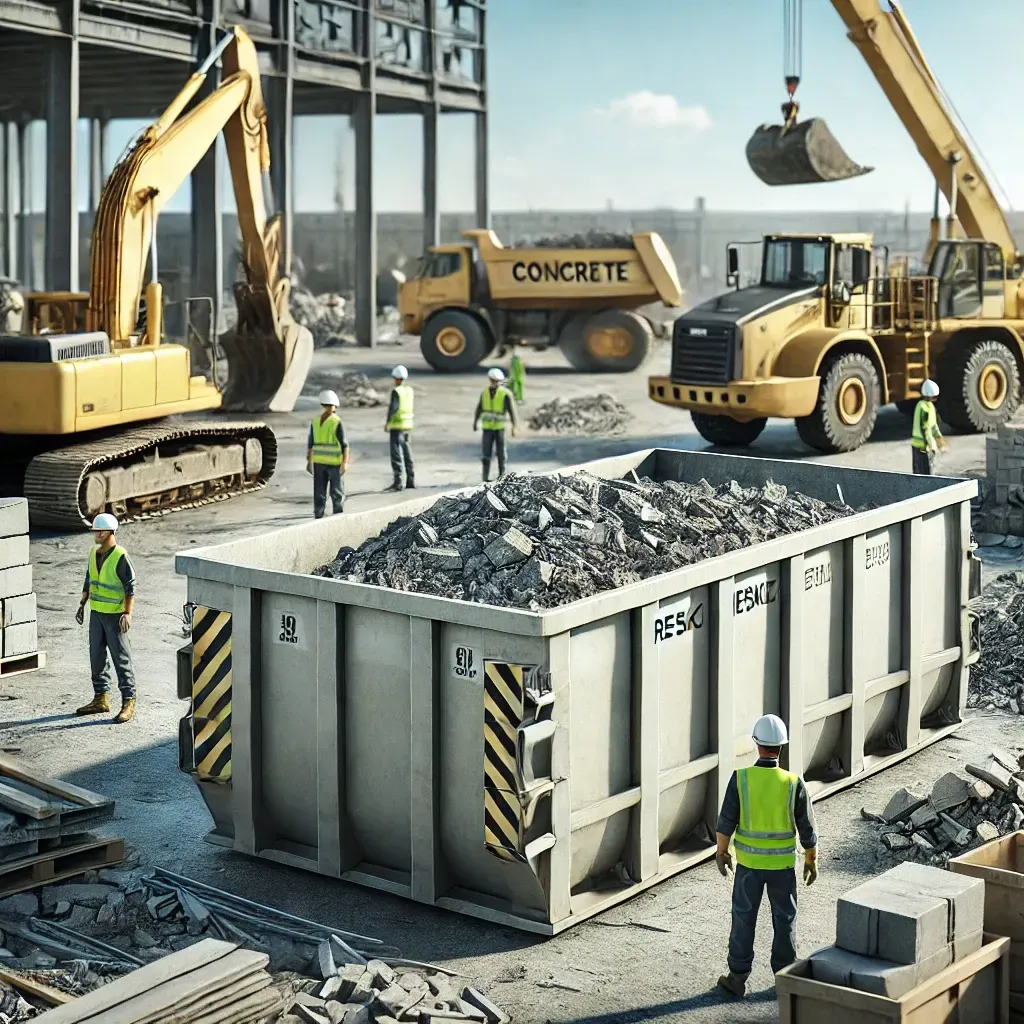
When it comes to construction and renovation projects, managing waste efficiently is crucial. Whether you're demolishing an old structure, pouring new foundations, or remodeling, dealing with large amounts of heavy debris such as concrete, brick, and stone can quickly become overwhelming. That’s where concrete dumpsters come in handy.

Whether you’re tackling a home renovation, a large clean-out project, or managing waste for a construction site, renting a dumpster can make waste disposal convenient and efficient. Dumpsters provide a centralized location for all debris and help keep your project site clean and safe. In this blog post, we’ll cover everything you need to know about renting a dumpster, including when to rent one, what size to choose, and how the rental process works.
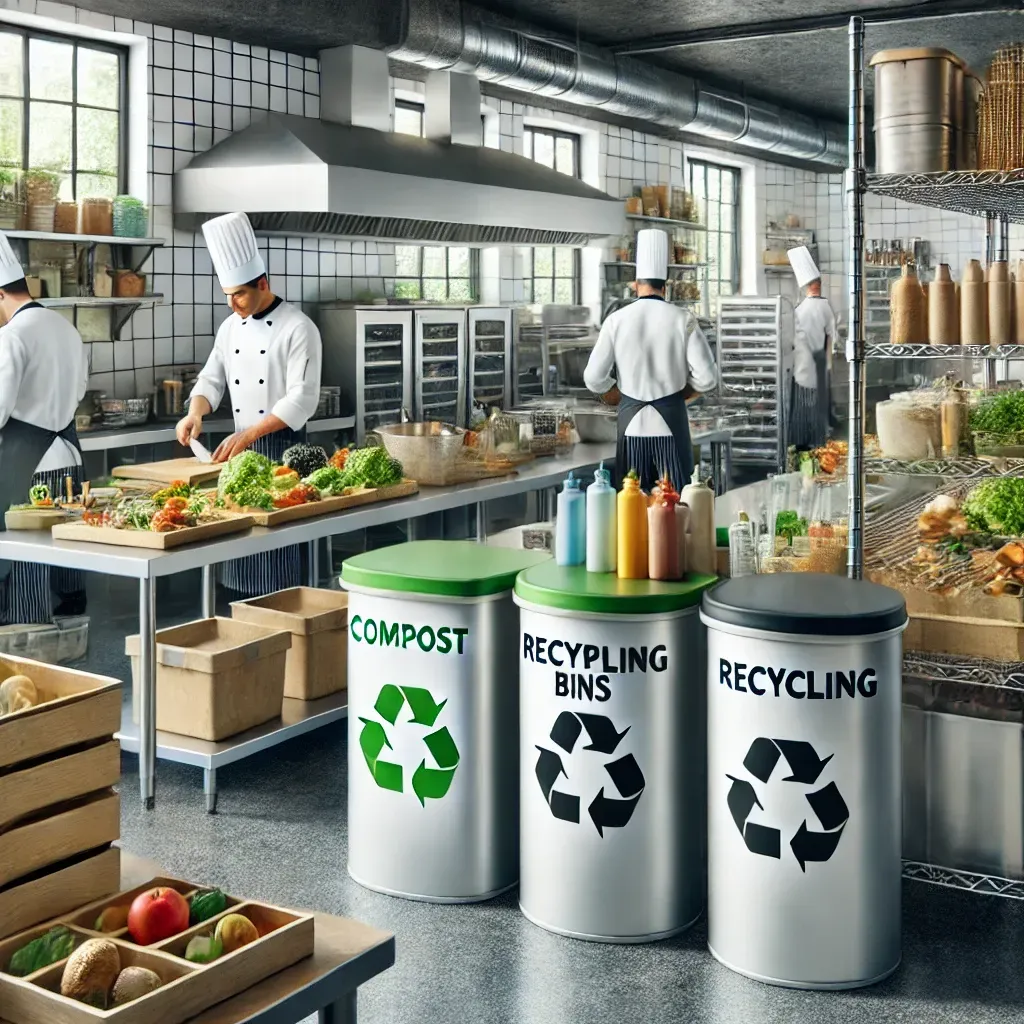
Running a successful restaurant involves balancing many moving parts, from sourcing ingredients to managing staff. However, one area that is often overlooked yet can significantly impact your bottom line is waste management. Reducing waste in your restaurant not only helps the environment but can also lead to substantial cost savings and increased profits. Here’s how you can cut down on waste while boosting profitability.
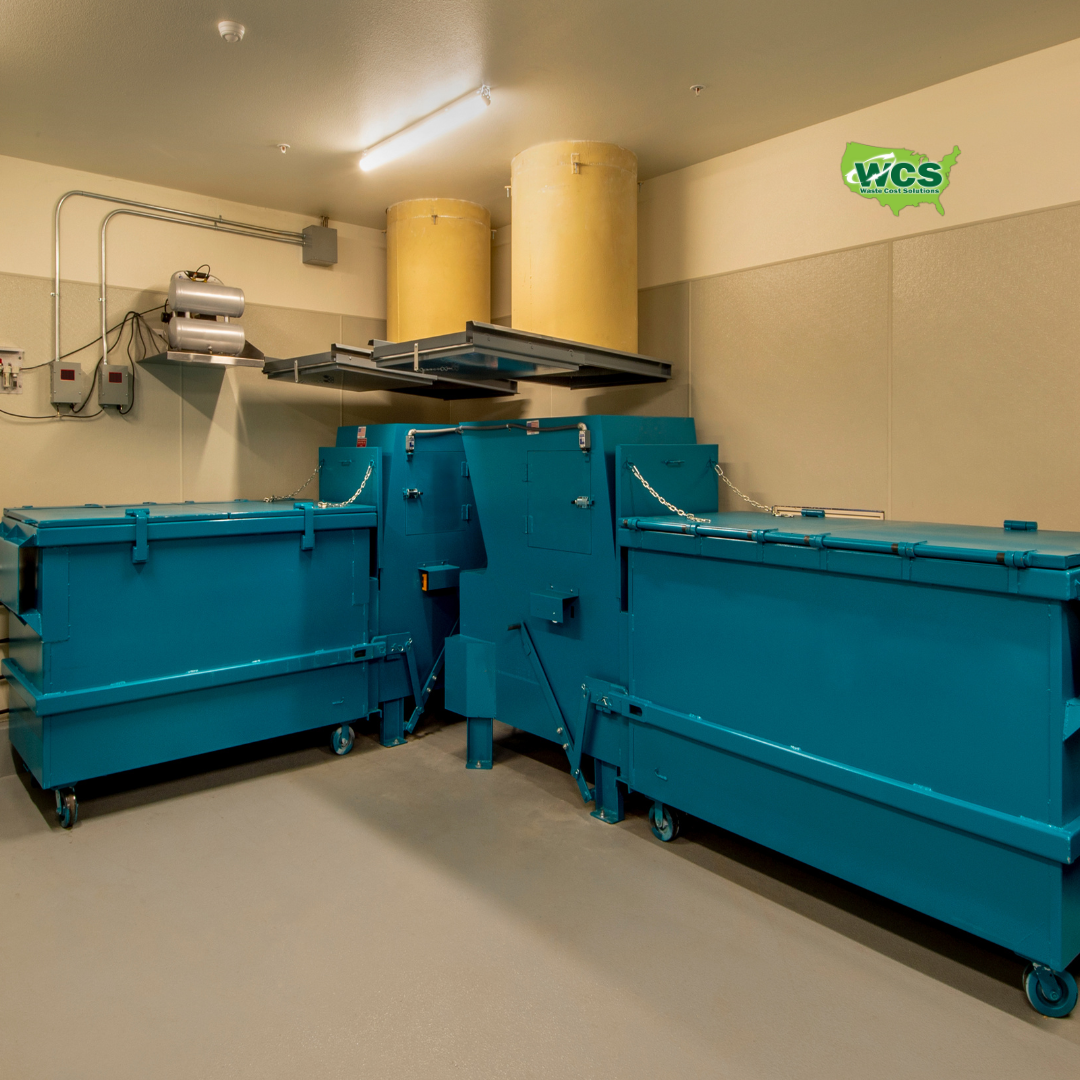
Compactors are essential tools for managing waste in commercial and industrial facilities. They help reduce the volume of waste, improve operational efficiency, and keep your facility clean and organized. However, regular compactor clean-outs are crucial to ensure the equipment runs smoothly and to avoid costly breakdowns. In this blog, we’ll explore why routine clean-outs are important and how they benefit your business.
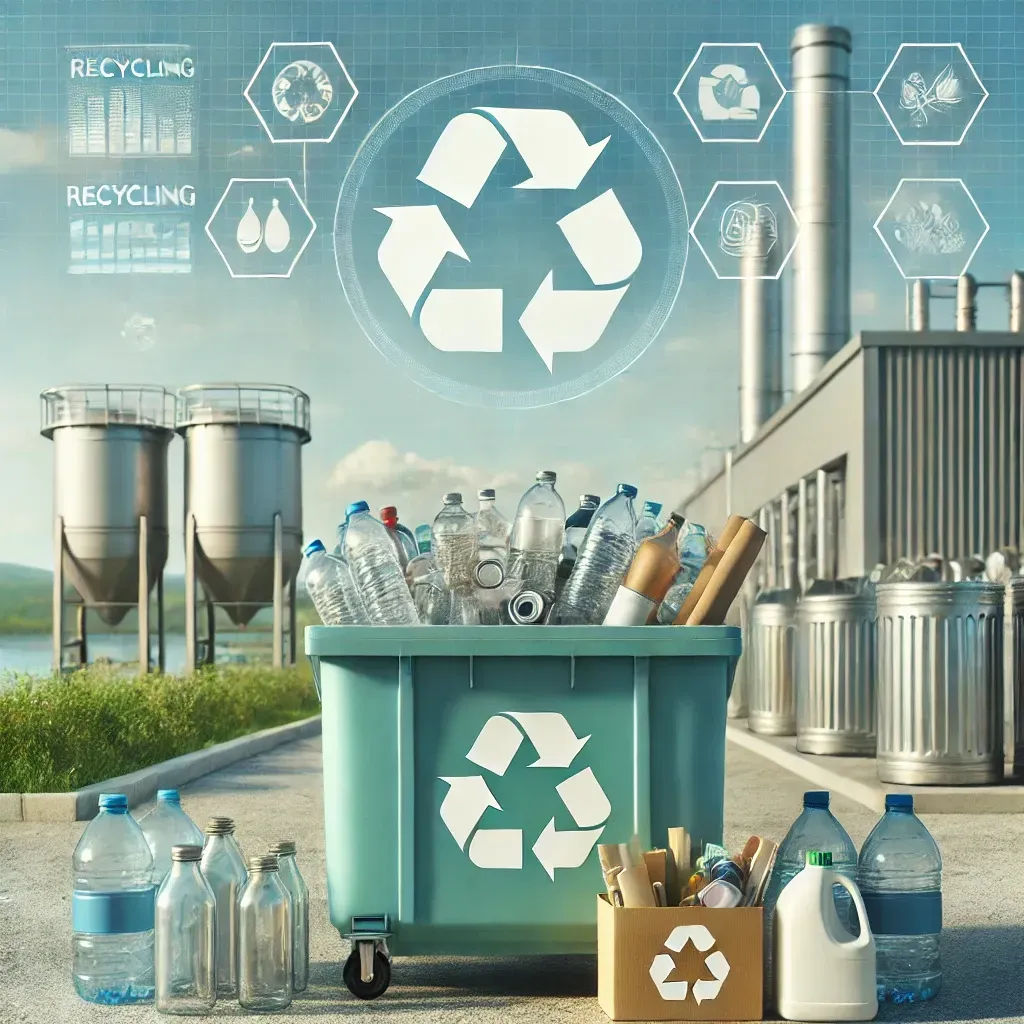
Recycling has become an essential part of waste management and sustainability efforts across the globe. However, despite its widespread adoption, several myths and misconceptions continue to cloud the recycling conversation. At 24/7 Emergency Dumpsters, we believe it's time to debunk some of the most common recycling myths so you can feel confident about doing your part for the environment. Myth 1: Everything Can Be Recycled While it's a nice thought that everything we toss can be repurposed, the reality is that not all materials are recyclable. Commonly mistaken items like plastic bags, Styrofoam, and certain types of paper products (like pizza boxes with grease stains) can actually contaminate recycling streams, causing more harm than good. Always check with your local recycling facility to confirm which items are accepted. Myth 2: Recycling Uses More Energy Than It Saves A persistent myth is that the energy used in the recycling process negates its environmental benefits. In truth, recycling most materials—especially metals, paper, and glass—saves a significant amount of energy compared to producing new items from raw materials. For example, recycling aluminum saves up to 95% of the energy required to produce it from scratch. Myth 3: Recycling Is Too Complicated Sorting recyclables may seem like a daunting task, but many cities and waste management services now offer single-stream recycling, which means all recyclables go into one bin. This simplifies the process, allowing you to focus on just ensuring the items are clean and free from contaminants. At 24/7 Emergency Dumpsters, we make recycling easy with clear guidelines and convenient services for businesses and homeowners. Myth 4: One Person Can’t Make a Difference Many people believe their individual efforts are insignificant in the grand scheme of recycling. However, every small step adds up. One person recycling regularly can divert hundreds of pounds of waste from landfills annually. When millions of individuals commit to recycling, the environmental impact is enormous. Collective action truly makes a difference. Myth 5: All Plastics Are Recyclable Although most plastics carry a recycling symbol, not all plastics are created equal. Only certain types of plastic, typically those marked with recycling codes #1 (PET) and #2 (HDPE), are widely accepted at most facilities. Other types of plastic, like those labeled #3 through #7, often require specialized recycling processes. It's important to familiarize yourself with the types of plastics your local program accepts to avoid contamination. Myth 6: If It Has the Recycling Symbol, It Will Be Recycled Just because a product displays the recycling symbol doesn’t guarantee it will be recycled. As mentioned earlier, materials need to be processed in specific ways, and some items with the recycling symbol might not be accepted in your area. Additionally, items that are dirty, such as food containers with leftover residue, are often rejected and can spoil entire batches of recyclables. Always rinse your recyclables before placing them in the bin. Myth 7: Landfills Don’t Affect the Environment Some argue that because landfills are managed with modern technologies, they don’t pose a threat to the environment. However, landfills contribute significantly to methane emissions, a potent greenhouse gas, and take up valuable land. Recycling reduces the amount of waste that ends up in landfills, helping to mitigate these environmental issues. Conclusion Recycling is a powerful tool in reducing waste, saving energy, and conserving natural resources—but it’s important to separate fact from fiction. By understanding the truth behind these myths, you can recycle more effectively and contribute to a healthier planet. At 24/7 Emergency Dumpsters, we’re committed to providing the right solutions for all your waste and recycling needs. Contact us today to learn how we can help your home or business make the most of recycling opportunities.
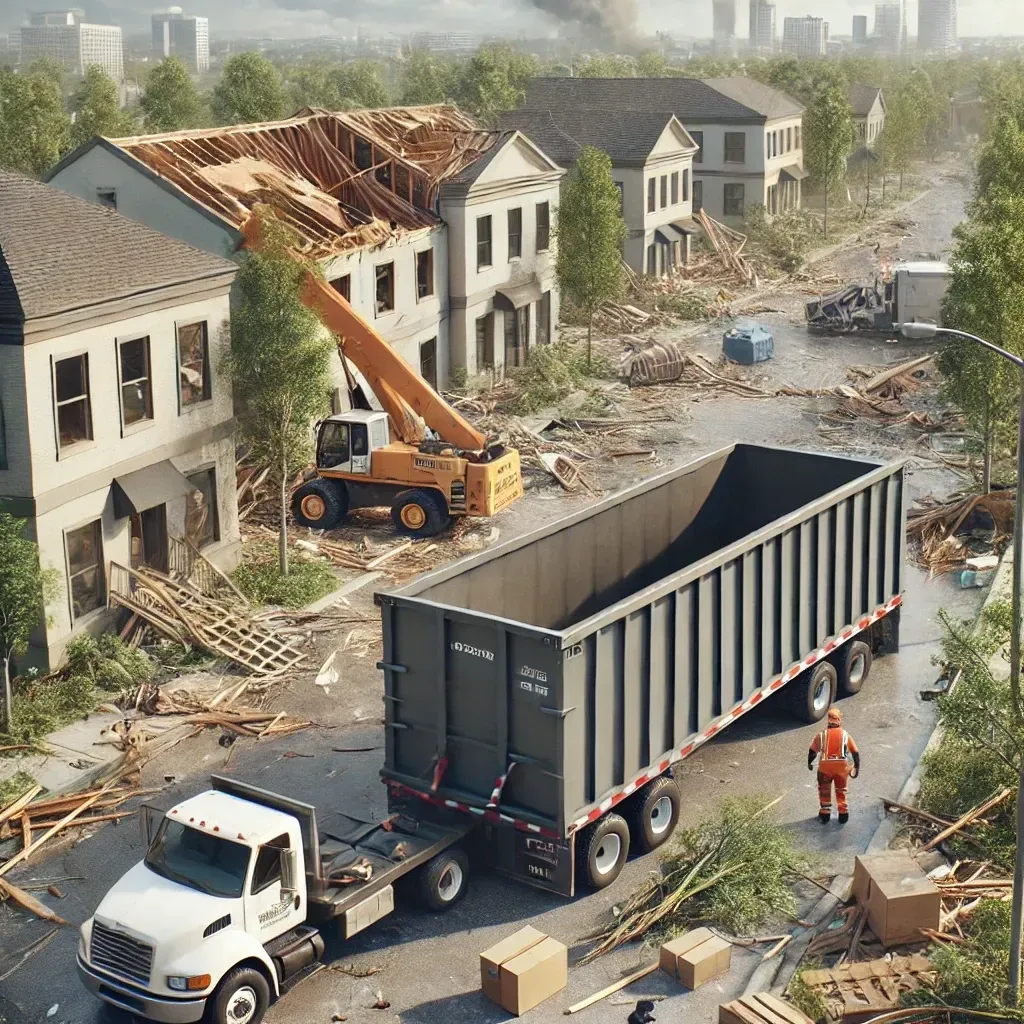
When unexpected situations arise, such as a construction project, renovation, or sudden property cleanout, having quick access to a dumpster can be crucial. At 24/7 Emergency Dumpsters, we specialize in providing fast and reliable emergency dumpster rental services to ensure you have the tools needed to manage waste efficiently, no matter the circumstances.
